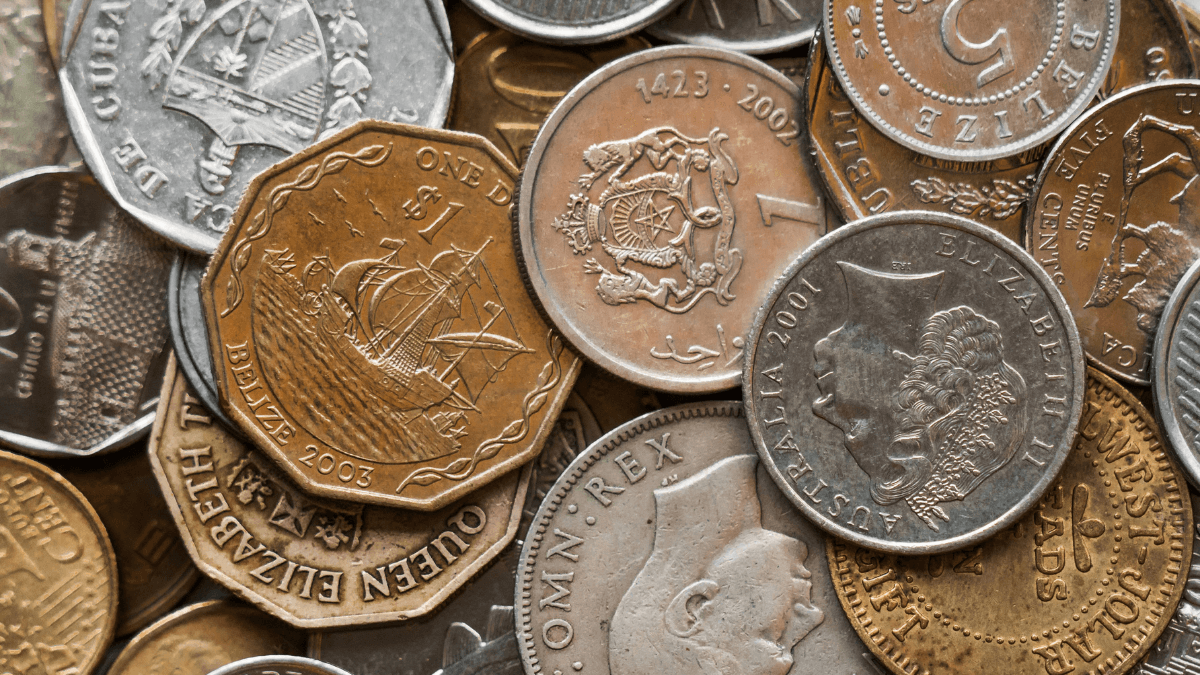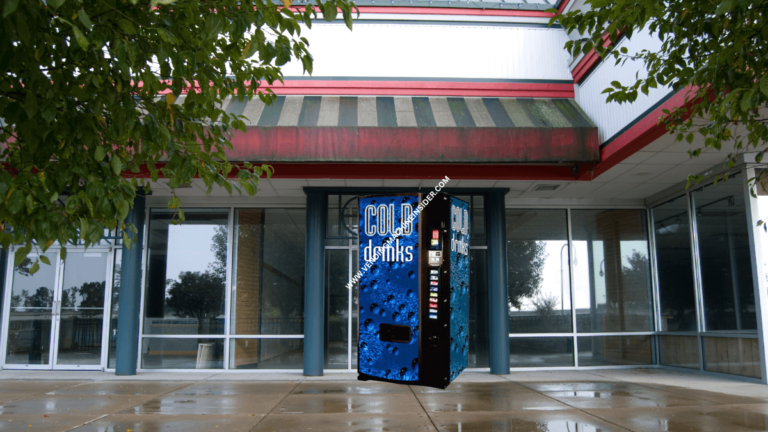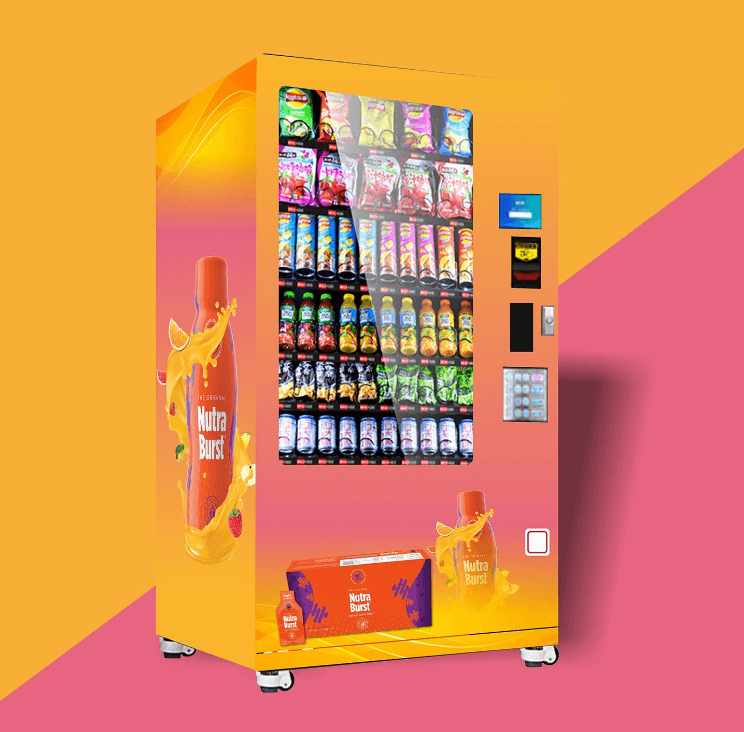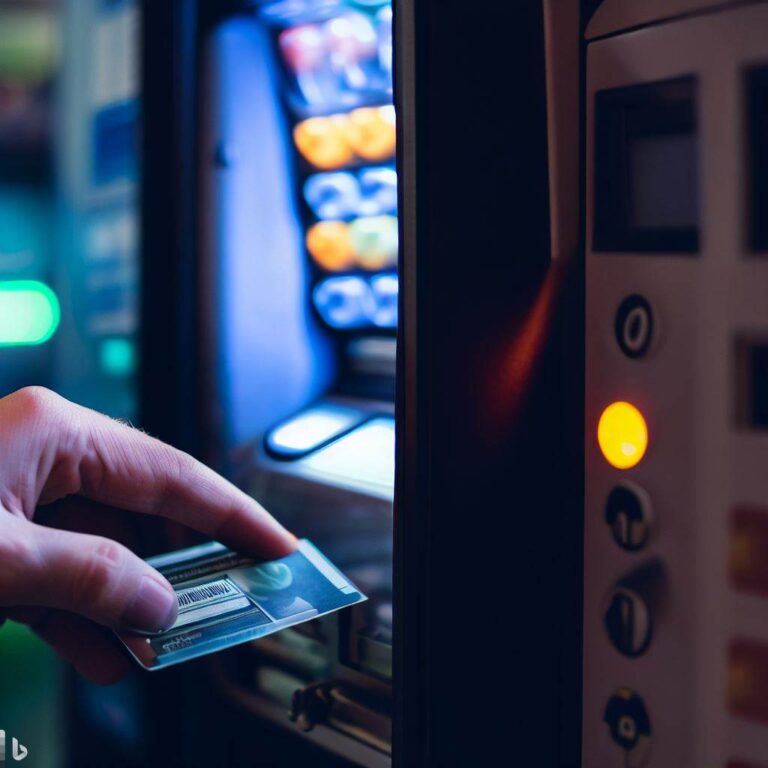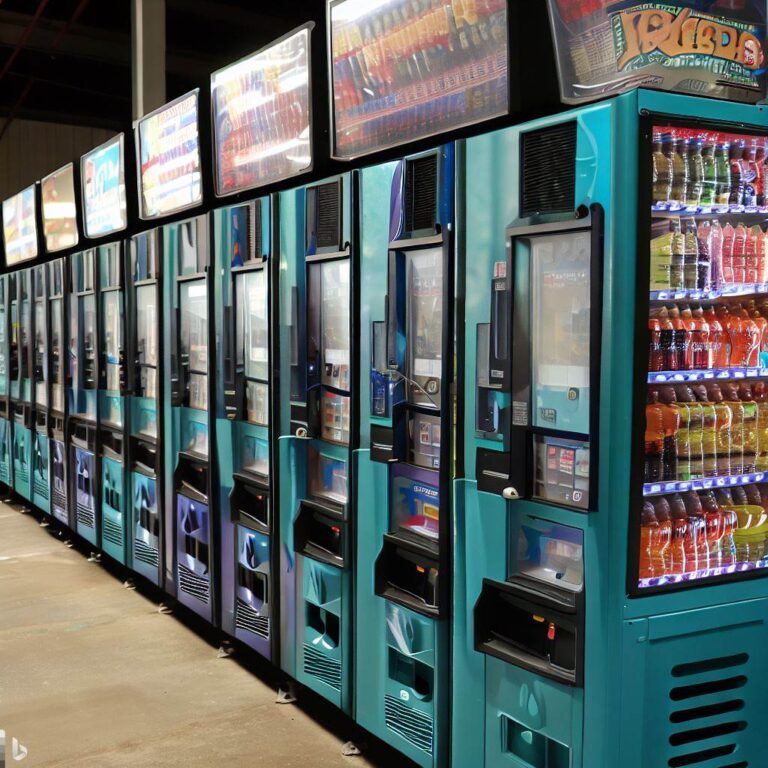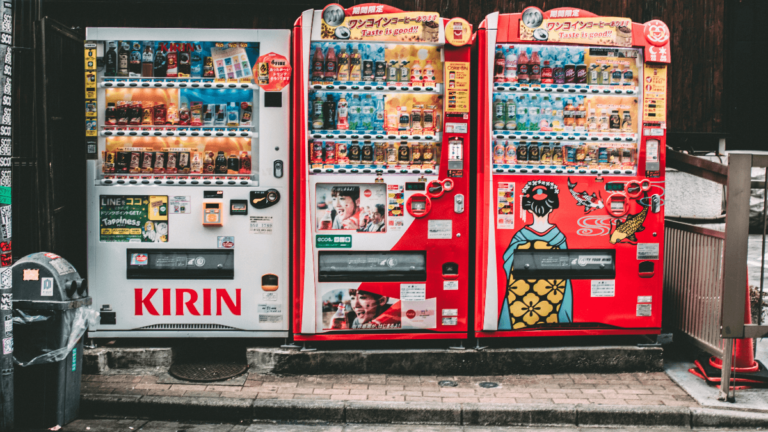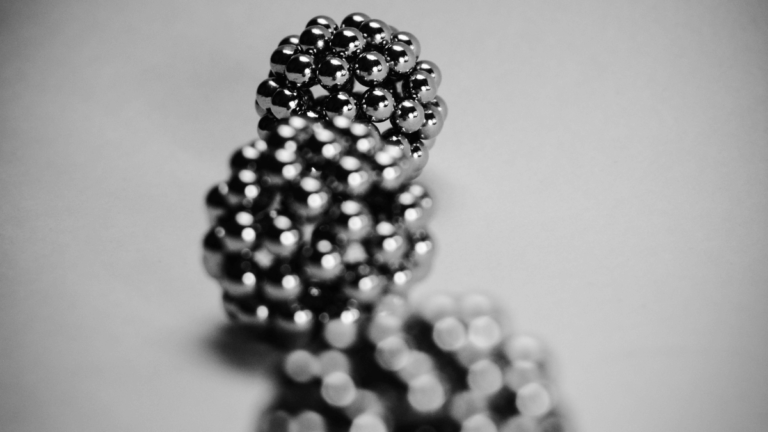Do Fake Coins Work in Vending Machines? Detect Fake Coins
Despite all the violence around us, people are inherently good and kind.
Still, some people believe that rules are meant to be broken, so they might try to use fake coins to get something from a vending machine without paying for it.
So, do fake coins work in vending machines?
No, fake coins won’t work in vending machines. A Vending machine can identify a fake coin using sensors that detect the weight and the metal used to make the coin. Some vending machines will also reject specific coins even if they make up the total amount required for the purchase.
This is because of how the machine is programmed. Vending machines are probably smarter than you think.
So, how do vending machines detect fake coins?
Keep on reading to find out.
RELATED READ: Do Vending Machines Accept Dollar Coins?
Do Fake Coins Work in Vending Machines?
Theoretically, yes, fake coins might be able to work in Vending machine if you’re able to produce a fake coin of the same height and weight as the real one, it will be accepted by the machine and won’t be detected.
Each vending machine is programmed to accept coins of a certain height and weight, and the number of coins needed to release an item is also predetermined.
However, to trick the machine is almost impossible. When you put a coin in a vending machine, the machine measures the thickness or height of the coin through light sensors. Then it passes through two magnets, where an electric conductor passes through the magnetic field and generates an electric current.
The current, in turn, produces another magnetic field that opposes the first one, applying force to the coin.
The coin will be directed towards the right slot if the force is correct. However, if the machine’s weight is wrong and the force directs it too high or too due to improper coercivity, the coin will fall into the return slot and won’t be accepted.
How Do Vending Machines Detect Fake Coins?
Making fake coins is a legal offense that is punishable by serving up to 12 years in jail and paying a $250,000 fine. If this is not convincing enough, there are other reasons why you shouldn’t try to make coins for vending machines.
The coin’s coercivity is determined by the alloy from which it’s made. This means that you need to know precisely what alloy each coin is made of and the percentage of every metal that makes up its composition.
For example, if the fake coin is made of 100% silver and the real one isn’t, it will immediately be detected by the vending machine and accordingly rejected.
But that’s not all.
Even if you already know the correct alloy, the cost of making fake coins is actually higher than the cost of the real coins themselves.
You need to buy the equipment that allows you to make counterfeit coins, and you shouldn’t expect to get this equipment easily. Obtaining any tools that might assist you in producing fake money is punishable by law.
Using fake coins in vending machines as well as a public phone or parking meter is prohibited by law.
However, in most cases, the authorities don’t really try to prosecute offenders because of the low value of the theft and the difficulty in identifying who’s behind it.
Why Do Some Vending Machines Accept Certain Coins and Bills?
Today, there are different vending machines, and some accept certain coins, bills, and even cards.
Moreover, some machines are able to dispense change for the money you paid.
But not all machines are created equal for several reasons.
- Vending machines have different capacities. So, once the machine has reached its storage capacity of a particular coin or bill, it won’t accept more money until the company’s workers come and empty it. In this case, the machine might accept a certain coin and reject another of a different value depending on which storage slot has reached its capacity.
- The machine weighs coins but reads bills using a special scanner. If this scanner is broken or covered in dust, it won’t be able to read the bills. As a result, the vending machine will accept coins but won’t accept bills of the same value.
- Vending machines don’t accept specific coins because their value isn’t worth it. For example, some machines won’t accept pennies because they take too much space and complicate the process of giving out change, making every transaction take more time.
Will the Coin on a String Trick Work While You’re Using a Vending Machine?
Some people think that using a coin on a string or using a slug will actually work. But the truth is that this trick hardly works.
Even if you’re using an old vending machine, the coin acceptors are still too sophisticated and will measure the dimensions and weight of the coin accurately to detect any fraud. And although such an old machine lacks modern electronics, the coin on a string trick won’t work.
For the coin to be accepted by the machine, it has to roll freely, and the string will prevent this free rolling motion. Even if the coin is able to pass, it operates a switch as it finally gets accepted by the machine, and the string will prevent the switch from being activated.
Things are more straightforward with modern vending machines. A modern machine has a reject gate that the machine passes through after being tested for its weight and metal content.
The string will prevent the reject gate from closing after the coin passes. As a result, the machine will give an alarm, and if you try to pull the string back, the machine will cut it off.
Summary
Despite looking simple, vending machines are quite smart, even the old ones. This means that they’ll detect fake coins, and you won’t be able to use them to make an illegal purchase.
Some machines will stop accepting specific coins and bills because of the way they’re programmed or because the machine has reached its storage capacity.
You shouldn’t attempt to use a fake coin to buy something from a vending machine because you’ll face legal consequences.
